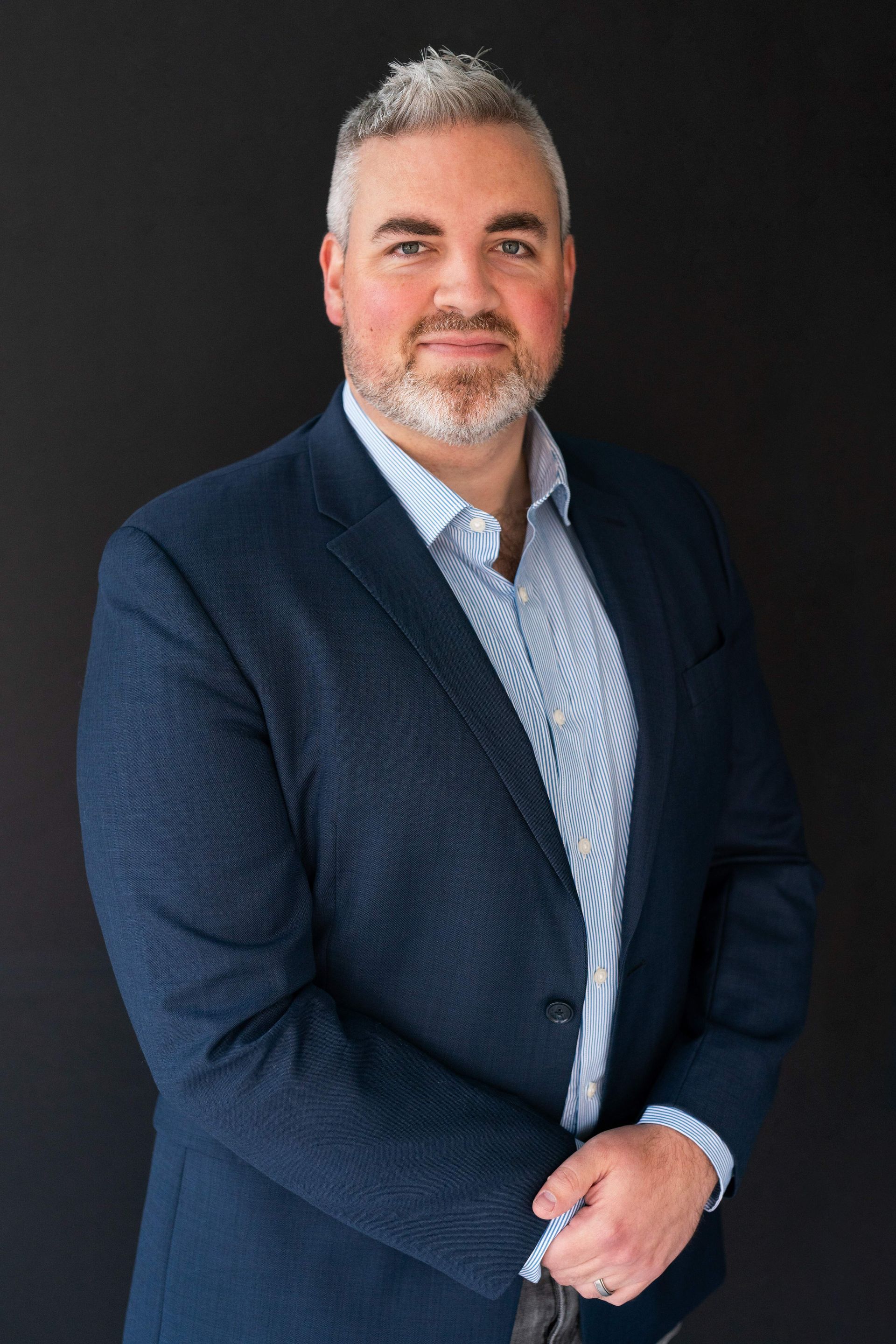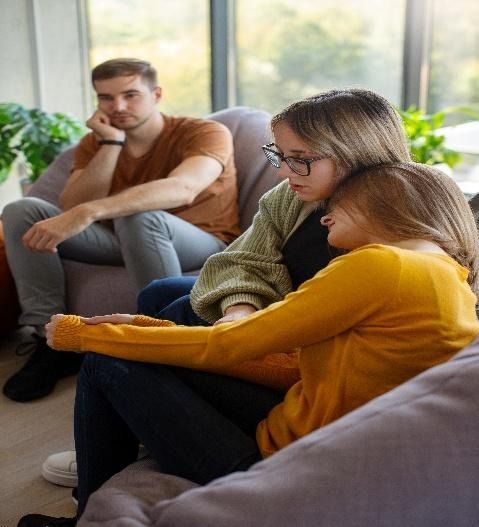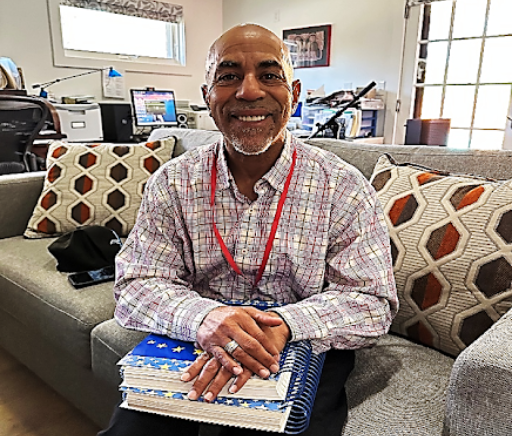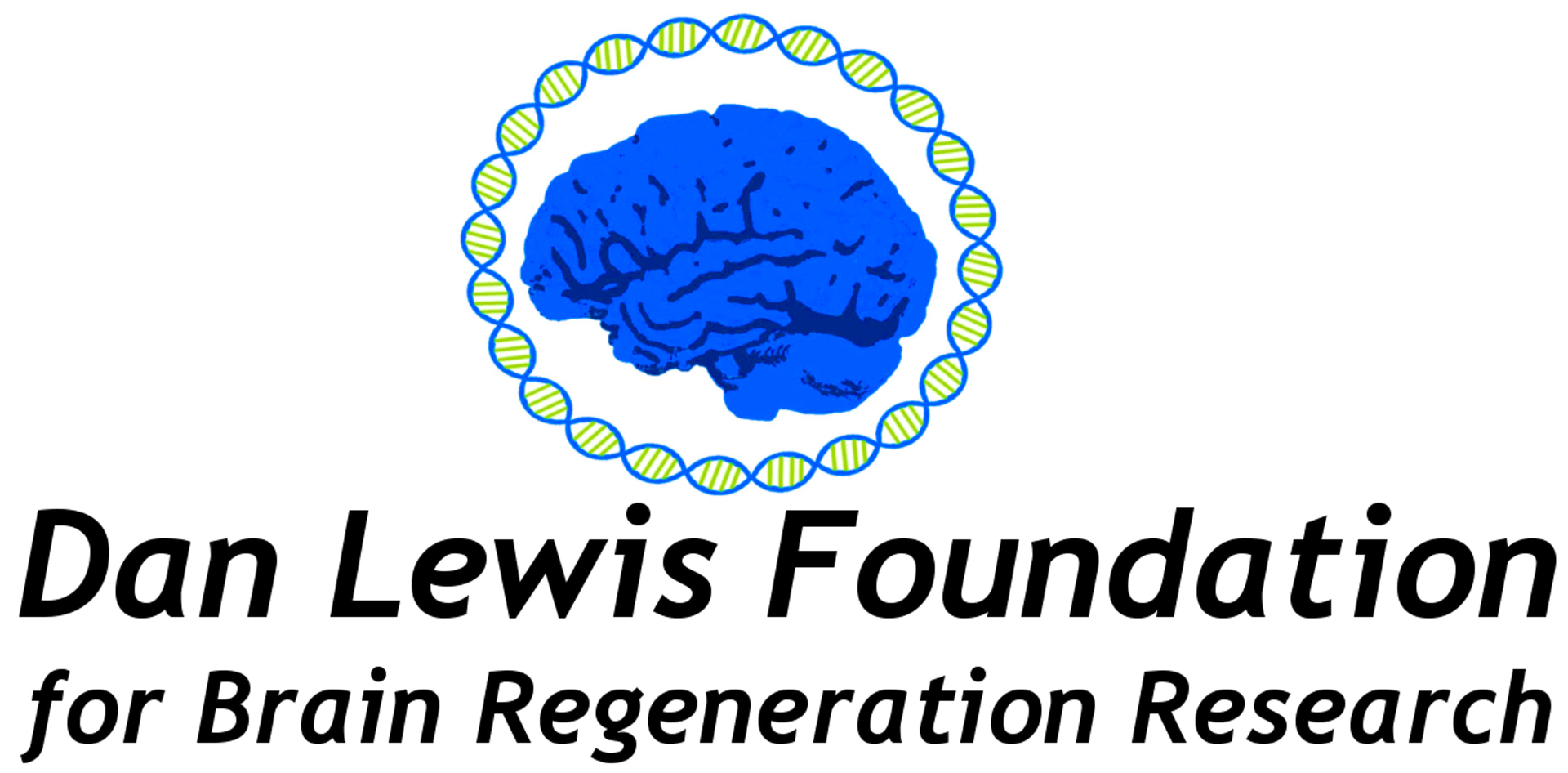This is paragraph text. Click it or hit the Manage Text button to change the font, color, size, format, and more. To set up site-wide paragraph and title styles, go to Site Theme.

Graham Dempsey, Ph.D., is a founder and Chief Scientific Officer (CSO) at Quiver Bioscience, a Cambridge, Massachusetts-based biotechnology company focused on the development of medicines for disorders of the nervous system. Dr. Dempsey and his team are working to develop treatments for some of the most challenging unsolved medical issues patients and their families face. Using advanced technologies in human stem cell biology, optogenetics, machine learning, and drug screening, progress is being made to develop medicines that will one-day treat conditions that have been largely untreatable. As the lead scientist for Quiver, formerly Q-State Biosciences, Dr. Dempsey enjoys working with world-class teams to invent, develop, and apply cutting-edge technologies to solve the most difficult challenges in biopharma for the betterment of patients.
Dr. Dempsey’s inspiration to dedicate his professional life to science and medicine started at the early age of seven with the tragic loss of his father to an aggressive form of cancer, an experience that has deeply motivated him to this day. He completed his undergraduate studies at the University of Pennsylvania and his doctorate at Harvard University. As a graduate student in the biophysics program at Harvard Medical School, he co-developed ‘Stochastic Optical Reconstruction Microscopy’ or STORM, a light microscope with the ability to resolve nanometer (billionth of a meter, e.g. a hair is 100,000 nanometers thick) scale details of biological materials, an achievement that had been thought to be impossible for over a century. STORM has enabled what researchers call ‘super-resolution imaging’ for visualizing the intricate details of life’s most fundamental unit, the cell. Understanding the inner workings of a cell provides a path to a deeper understanding of the ways in which life is constructed and diseases can manifest. The technology was commercialized by Nikon Instruments for researchers worldwide.
Dr. Dempsey left academic science to join Q-State Biosciences as the first hired employee with the goal of bringing advanced technologies developed at Harvard to the study of the brain. The brain, arguably the most complex structure in the known universe, works through electrical communication between brain cells or neurons. This communication is disrupted in all brain disorders but has been near impossible to study for the purposes of effectively developing medicines. Dr. Dempsey and his team over the course of ten years built a technology system that creates human brain models from patient stem cells (i.e. a ‘disease-in-a-dish’) and converts electrical activity of those brain cells into light signals that can be detected with ultra-sensitive microscopes. The resulting signals are analyzed using machine learning to find the patterns of how electrical activity is altered in disease, which can be used to find medicines that correct those changes. The team at Quiver is deploying this technology to take on previously untreatable brain conditions, including rare genetic diseases, such as certain seizure and neurodevelopmental disorders, to common conditions, such as chronic pain and Alzheimer’s disease.
Dr. Dempsey’s passion outside of science starts with his family, his wife (and high school sweetheart) and three young daughters, be it traveling the globe to experience new cultures (or simply stare at the ocean), cooking elaborate meals on a Saturday evening, night-time reading of novels to his daughters, or attending live music around Boston. As a native of NJ, he celebrates his roots with visits to family near the Jersey Shore and, whenever possible, attendance at Springsteen concerts and Giants games. Dr. Dempsey is an avid student of history’s great entrepreneurs, spending the sparse remaining minutes of the day reading biographies and listening to podcasts, looking to extract every bit of learning towards taking on the challenges of building a great business while staying true to his family, his Quiver teammates, and his professional mission.


